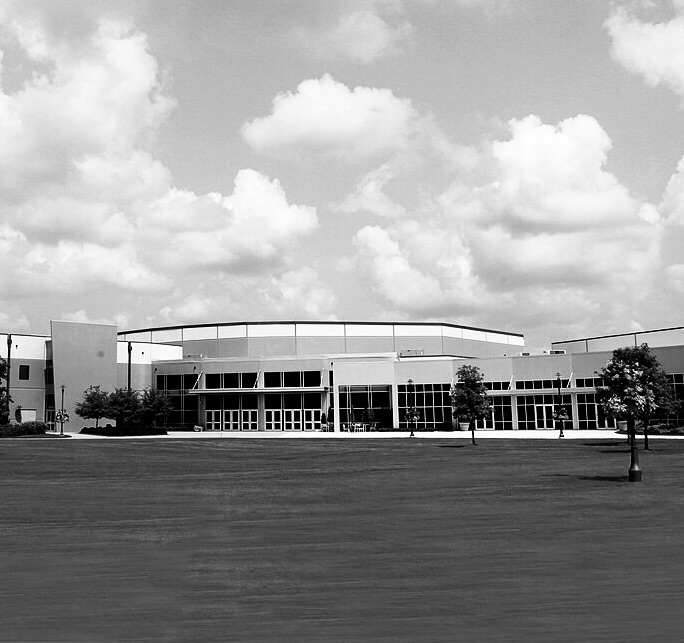BIRMINGHAM, Ala. — Chris Hodges, founder of the Church of the Highlands, announced his decision to step down as lead pastor of Alabama’s largest congregation, marking a pivotal moment for a church that has grown into a nationwide religious powerhouse while navigating its share of controversies.
Hodges, 60, who launched the church in 2001 with just 34 members, revealed during the church’s 24th anniversary service that he would transition to a new role as chancellor of Highlands College, a leadership training institution he founded. “I’m not retiring,” Hodges said. “This transition will allow me to live out my ultimate calling—empowering future leaders.” Mark Pettus, currently president of Highlands College, will succeed Hodges as lead pastor.
With over 60,000 weekly attendees across 26 campuses in Alabama and Georgia, the Church of the Highlands has become one of the largest megachurches in America. Its influence extends beyond the pulpit into politics and culture, with Hodges previously serving on faith advisory boards and aligning with conservative causes. However, its rapid growth and prominence have been accompanied by scandals that have tested its reputation.
The church has faced criticism for its handling of leadership accountability. In 2024, Robert Morris, a Texas pastor and overseer for Church of the Highlands, resigned after admitting to years-long sexual abuse of a minor in the 1980s. The church claimed it was unaware of the allegations until they became public but faced scrutiny for its association with Morris and its broader approach to restoring “fallen” leaders.
This controversy followed earlier backlash over COTH’s $4.5 million pastoral retreat center, “The Lodge,” designed to rehabilitate pastors accused of misconduct. Critics have questioned whether such initiatives prioritize forgiveness over accountability.
Hodges himself faced public criticism in 2020 after liking social media posts from conservative commentator Charlie Kirk, which some deemed racially insensitive. The incident led to severed partnerships with Birmingham’s Housing Authority and Board of Education.
Despite these challenges, Church of the Highlands continues to draw tens of thousands with its contemporary worship style, small-group focus, and emphasis on community service. Many are attracted to its message of personal transformation and practical faith.
As Hodges steps back from day-to-day leadership, questions remain about how the church will navigate its next chapter under Pettus’ leadership while addressing ongoing concerns about transparency and governance.
For now, Hodges remains a central figure in Alabama’s religious landscape—a leader whose legacy is both celebrated for growth and shadowed by controversy.

